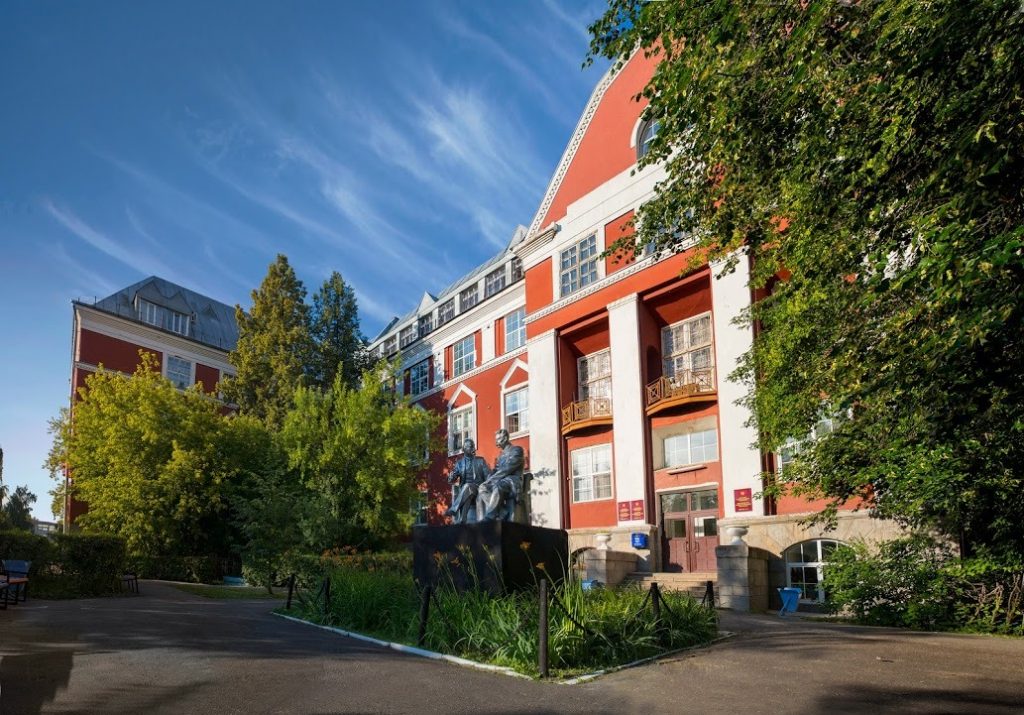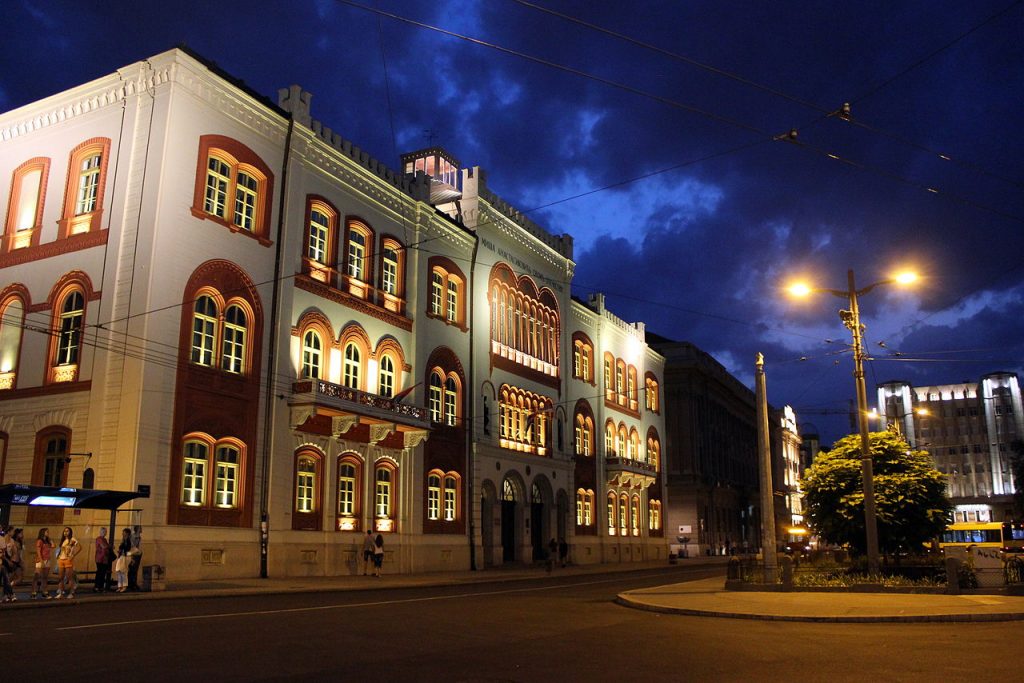Univerzitet u Beogradu (Republic of Serbia) and Perm State University (Russia), have signed a Memorandum of Understanding – to pursue a mutually beneficial collaboration for education, cooperation, and scholarly activities.
The objectives to be achieved by the universities through the Memorandum include:
- to collaborate to improve the educational process by using educational technologies, including information and media technologies, the Internet, and the computing platforms, for undergraduate and graduate students and faculty members of the universities;
- to develop and enhance multicultural and intercultural competences;
- to collaborate to develop academic scholarship and applied research I fields of study appropriate to interests of students and faculty of the universities.
To achieve these objects, the universities will seek to:
- develop academic exchange programs for students and faculty members, with a focus on the creation of joint international educational, scholarly and applied projects;
- develop joint educational, scientific and practical research projects related to issues identified by members of each university:
- involve faculties and institutes in joint international projects.

PSU Collaborations with the University of Belgrade
Perm and Serbian scientists collaborate in both in natural sciences and humanities. For a long time, linguists from PSU and University of Belgrade Faculty of Philology have been performing joint sociolinguistic research urban speech.
In 2019, PSU and University of Belgrade fruitfully worked on the monograph on Dams and Reservoirs at Evaporites, and successfully published at Springer Publishing Company. The publication describes the most common geological hazards associated with dams and reservoirs on gypsum-bearing or saline foundations, as well as a set of geotechnical methods for strengthening such rocks:
Milanović P., Maksimovich N., Meshcheriakova O. Dams and Reservoirs in Evaporites / Springer, Cham, 2019. – 157 p. doi.org/10.1007/978-3-030-18521-3 https://link.springer.com/book/10.1007/978-3-030-18521-3
The authors of the monograph include Professor Petar Milanovic, University of Belgrade (Serbia), President of the National Serb Group of the International Association of Hydrogeologists; Professor Nikolay Maksimovich, Deputy Director for Research, Institute of Natural Sciences, PSU, as well as Olga Meshcheryakova, Associate Professor of the Department of Dynamic Geology and Hydrogeology PSU, Senior Researcher, Laboratory of Geology of Technogenic Processes, Institute of Natural Sciences, PSU.
The University of Belgrade: for Reference
The University of Belgrade (Univerzitet u Beogradu) is a public higher educational institution, the oldest and largest university in Serbia, and one of the most important educational and research centers in Europe. Founded in 1808 as the Belgrade Higher School in revolutionary Serbia, by 1838 it merged with the Kragujevac-based departments into a single university.
The University has around 97,700 enrolled students and over 4,800 members of academic staff. Since its founding, the University has educated more than 378,000 bachelors, around 25,100 masters, 29,000 specialists and 14,670 doctors. The University comprises 31 faculties, 12 research institutes, the university library, and 9 university centres. The faculties are organized into 4 groups: social sciences and humanities; medical sciences; natural sciences and mathematics; and technological sciences.
On the prestigious ShanghaiRanking (ARWU), the University of Belgrade ranks between 401st and 500th place, according to the most recent (2018) global ranking. In 2014, it ranked 151-200, specifically in the areas of mathematics and physics.



